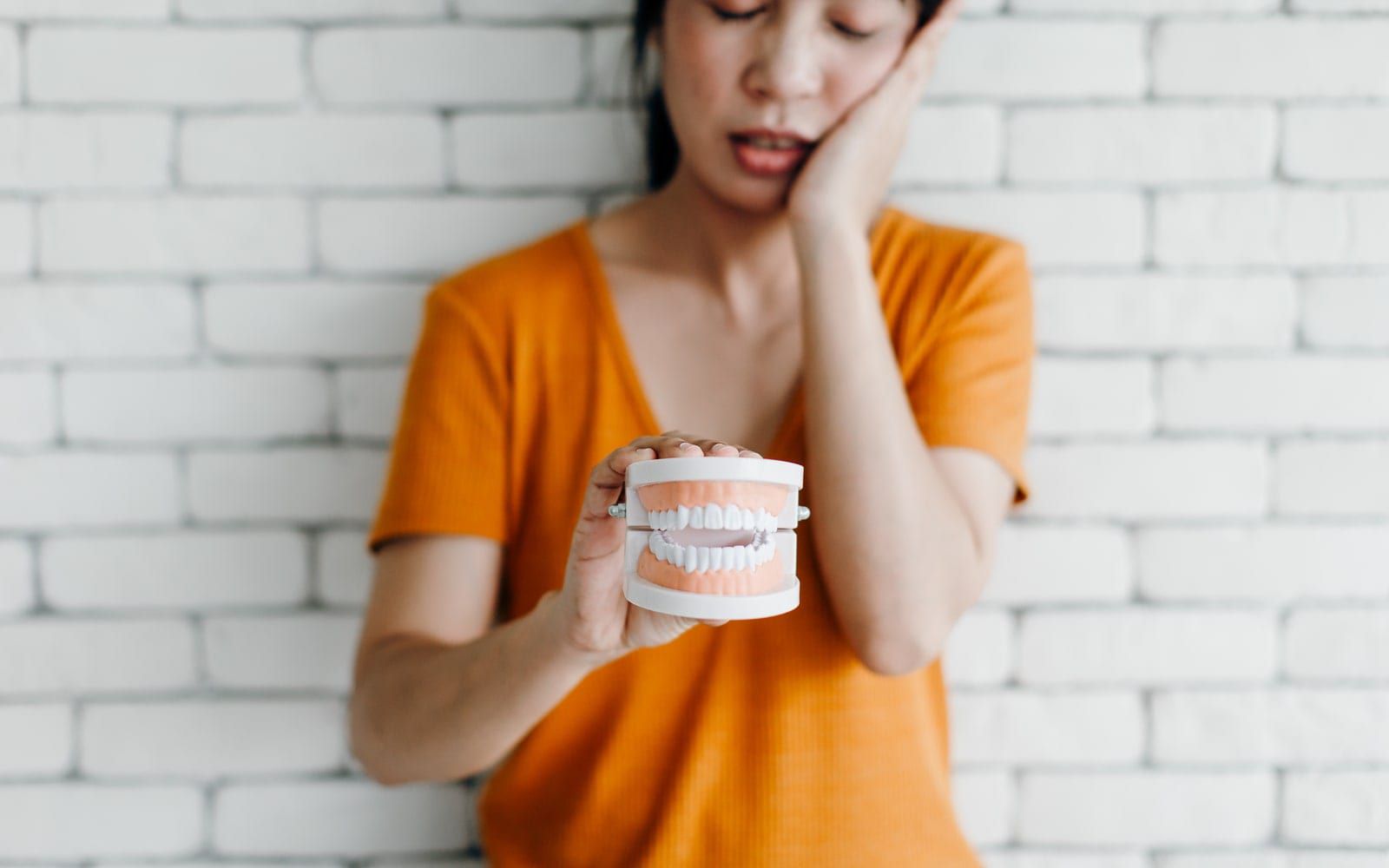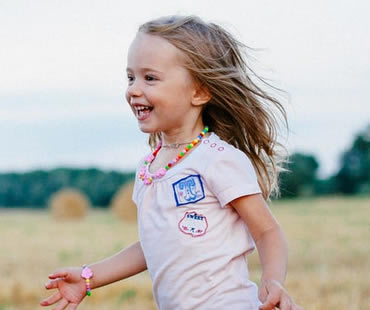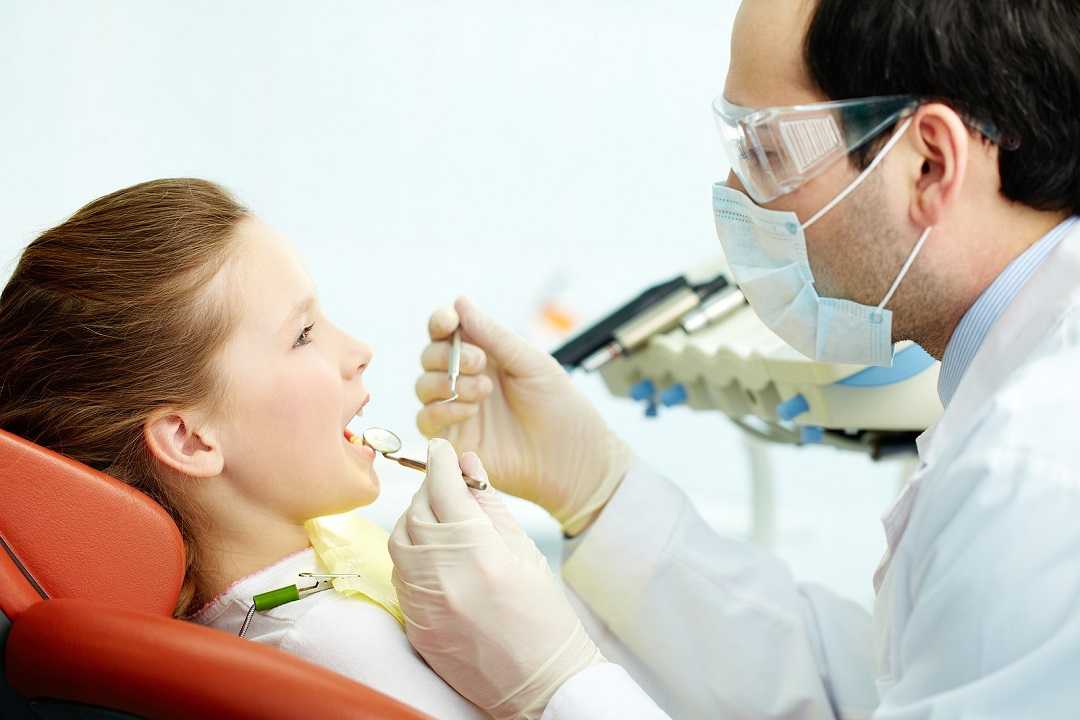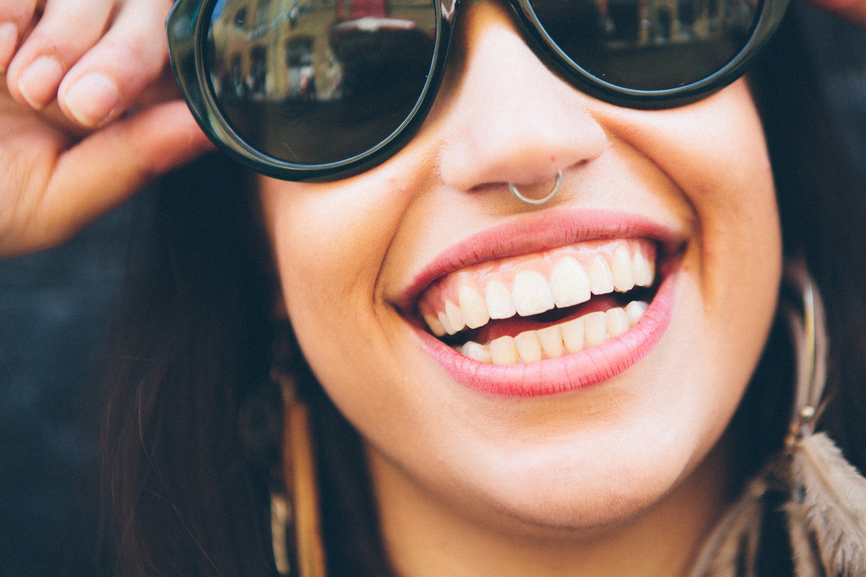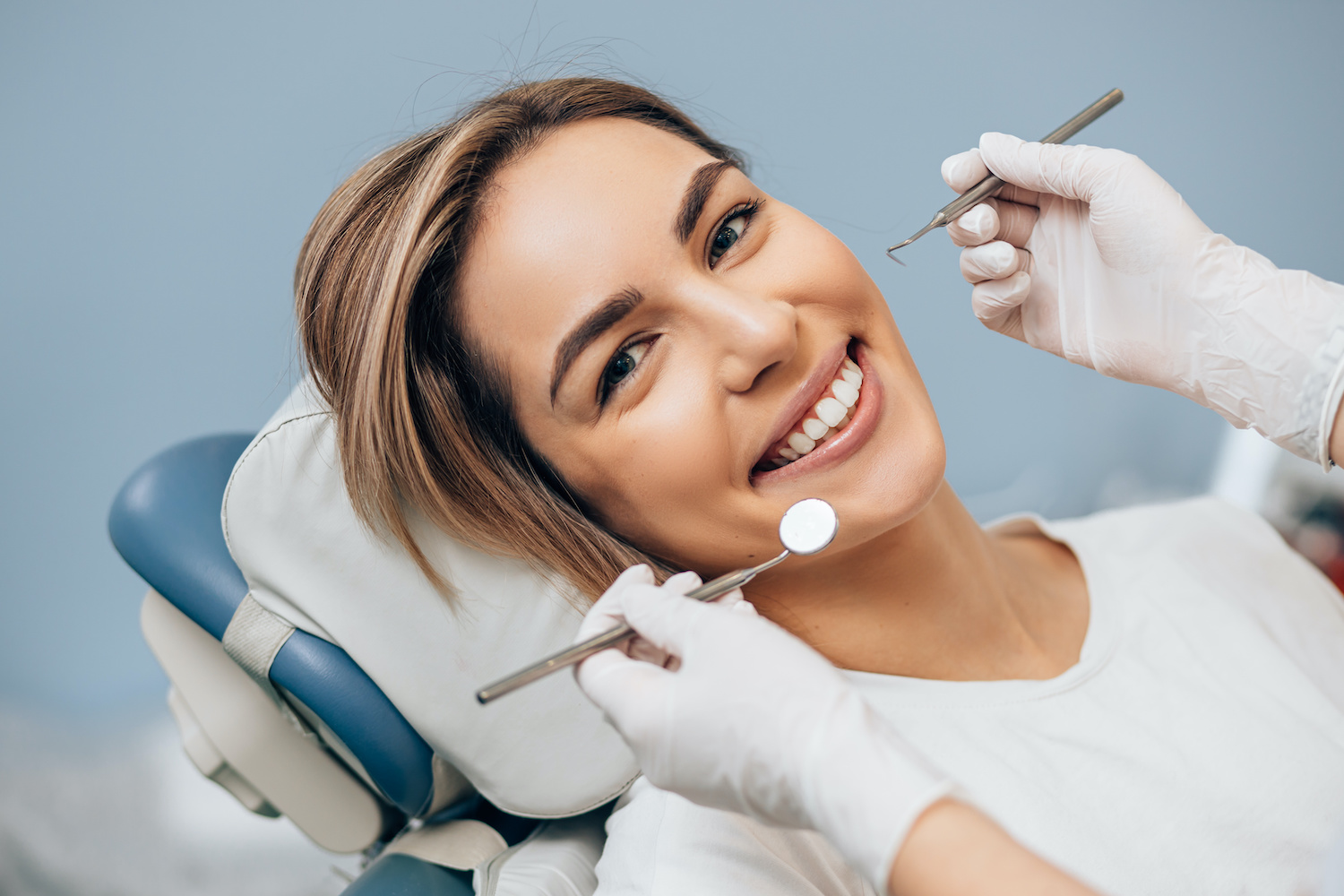February is National Children’s Dental Health Month, so now is a great time to think about your child’s smile and the health of their pearly whites. To find out more about kids’ dental health, we asked southwest Ohio-area pediatric dentists some of our most pressing dental questions.
Our experts include Dr. Lauren Capozza, DMD, with Loveland Pediatric Dentistry; Dr. Kyle Jackson, owner and board certified pediatric dentist at Centerville Pediatric Dentistry and Keep Smiling Kids; and Dr. Katie Stewart and Dr. John Gennantonio from Sea of Smiles.
When should I schedule my child’s first visit to the dentist?
Jackson: Along with the American Academy of Pediatric Dentistry, we recommend children see a pediatric dentist when the first tooth appears, or no later than their first birthday. As soon as babies have teeth, they can get cavities. Your pediatric dentist can help prevent cavities before they start.
How can I prepare my child for their first dentist visit?
Stewart: There are many ways to help prepare your child for their visit to the pediatric dentist. There are books to read, TV shows to watch, and even videos on the dentist’s website to help show little ones what to expect.
Capozza: The most important thing is to always speak positively about the dentist and anything dental-related. You can practice laying back on the couch and brushing and counting each other’s teeth. Most of the time, less preparation is better! Pediatric dental offices are designed to look welcoming to young children, and the staff are trained in introducing and explaining new things to children.
Jackson: Also, with current COVID procedures, make sure to explain the extra PPE they will see. Mostly, do your best to leave your own dental anxiety at home. Your child may be nervous, so do your best to stay positive, even if you’re not feeling that way.
Baby teeth aren’t permanent, so why should we worry about caring for them?
Stewart: Baby teeth provide the foundation for the permanent teeth to come in. They also aid children in everyday functions, such as making appropriate speech sounds and chewing foods. Baby teeth have a nerve supply, just like permanent teeth, and if a cavity is left untreated, it will grow and eventually cause pain and infection.
Capozza: Baby teeth are in the mouth for 5 to 12 years, and sometimes forever in people who are born without an adult tooth under it! In a short 6 month time frame, cavities can get bigger and affect the nerve of the tooth, causing pain or infection. Bacteria from cavities in baby teeth can spread to adult teeth that start to arrive by age 6 and cause permanent lifelong issues.
When should we begin using toothpaste, and how much?
Gennantonio: When the first teeth erupt, it is time to start using children’s fluoride toothpaste. When putting toothpaste on a toothbrush for a child under the age of 3, think of a grain size of rice as your guide and don’t worry if your child swallows it. It’s not enough to cause harm.
Jackson: Once children are 3 to 6 years old (or when they can spit effectively), increase to a pea-size dollop of fluoride toothpaste. According to the Centers for Disease Control (CDC), children who use fluoride toothpaste to brush have fewer cavities. Additionally, fluoride varnish can prevent about one-third of cavities in primary (baby) teeth.
When should my child begin flossing?
Capozza: You should floss your child’s teeth once a day as soon as any two of them are touching. Plastic flossers and having your child lay back can make this easier.
Gennantonio: Usually when the teeth come into contact with each other. Most of the time, this is around age 3.
How can I prevent tooth decay in my baby who nurses or bottle feeds to sleep?
Gennantonio: The American Academy of Pediatrics and The American Academy of Pediatric Dentistry do not recommend putting a child to bed with a bottle or sippy cup with cows milk, human milk or juice at any time. When a child is done nursing, if you can’t brush their teeth, then the next best thing is to wipe their teeth and gums off with a clean, moist washcloth. Brushing is always preferred, however.
Capozza: Toddlers should not eat or drink anything except water the 30 minutes before bed time and then do the B’s: bath, brush (teeth), books, bed as the last items before sleep.
Jackson: Studies show that breast milk itself does not cause cavities, but feeding your child other foods and juices plus breast milk greatly increases their chance for decay. Avoid putting anything other than water in their bedtime bottle or sippy cup. Proper brushing and flossing will help prevent tooth decay. Regular visits to your child’s pediatric dentist are important for their overall oral health.
This content was originally published here.

